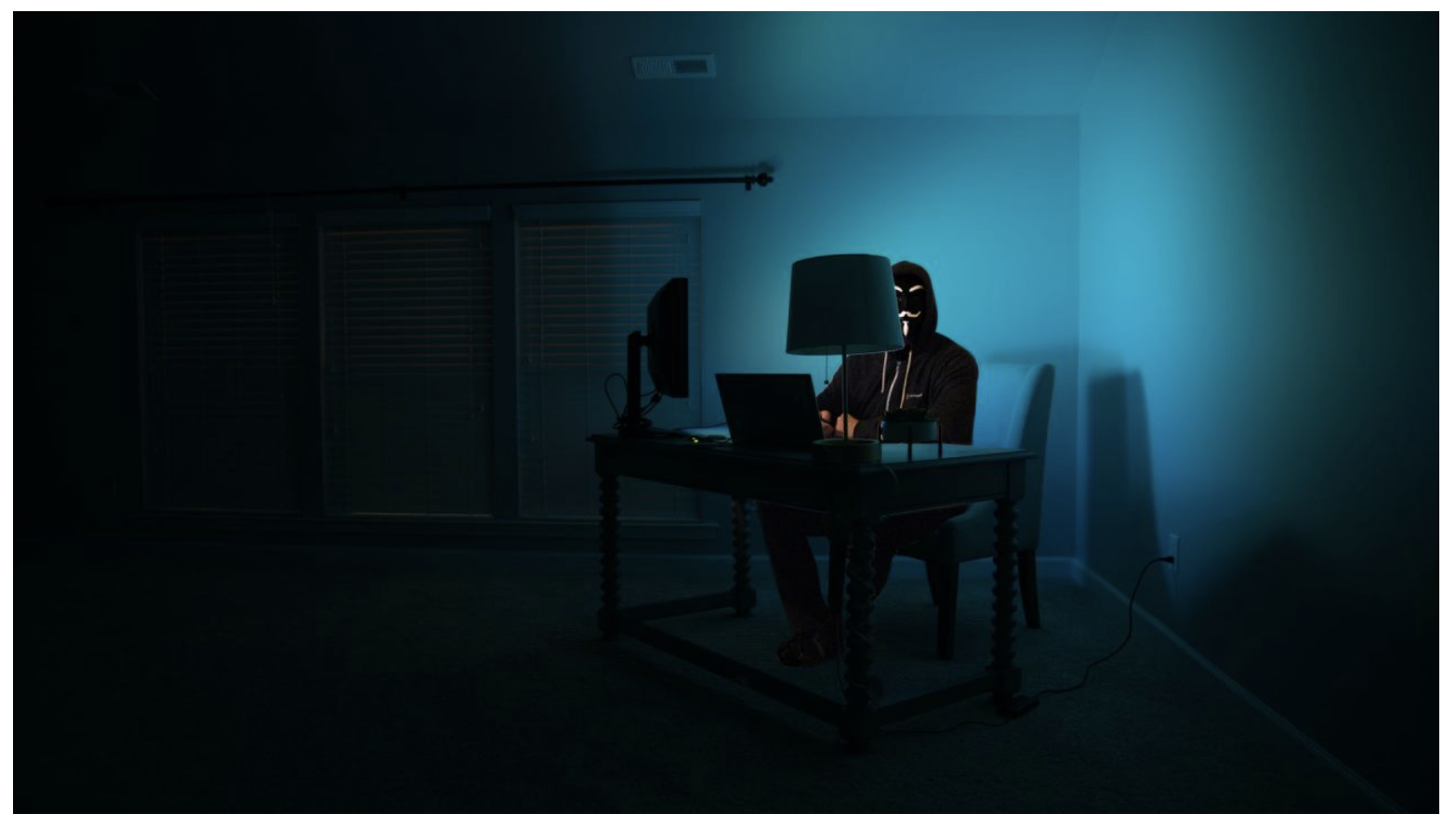“Down the rabbit hole” - What Paths Lead People Toward Conspiracy Ideologies
This article was part of the "No World Order" project by Amadeu Antonio Stiftung, it has been translated from German for Get the Trolls Out!
Many of the conspiracy narratives we encounter in day-to-day life, over dinner with the family or on the Internet seem harmless at first sight. The people who espouse these conspiracies are often seen as a little “different” and aren’t taken entirely seriously. This is despite the fact that conspiracy narratives have the potential to be dangerous.
From No World Order – Dealing With Conspiracy Theories| 20 July 2021, Source: (unsplash)
“Down the rabbit hole” is the name of a new guide issued by No World Order, a project by the Amadeu Antonio Foundation. The following text is an extract taken from the brochure.
Some satirical portrayals of or documentaries on conspiracy ideologists give the impression that these people are “crazy”. However, by portraying all those who believe in a conspiracy as mentally ill, this overlooks some of the aspects that can give rise to conspiracy ideologies within society. With this in mind, there are two levels on which a belief in a conspiracy ideology can be categorised from a scientific perspective: the societal level and the individual level.
Individual causes
Not all people are susceptible to beliefs surrounding conspiracy ideologies. Having a mindset that is open to a conspiracy ideology is assumed to be part of the psychological structures of certain people, and is seen as an individual cause behind believing in a conspiracy ideology. This kind of mindset is created when children are raised by highly authoritative parents. This leads them to develop hostility towards other people – not to mention those weaker than them – and fosters a belief in the existence of evil in the world. This belief in evil makes them susceptible to conspiracy ideologies, as conspiracy ideologies are inclined to divide the world into good and evil. Certain people therefore believe in conspiracy ideologies due to the mindset they have developed, not because the ideologies themselves offer particularly convincing arguments.
People with a mindset geared toward conspiracies do not have to openly advocate conspiracy ideologies all the time. Their susceptibility to this type of thinking can also covertly express itself in certain attitudes. That said, global developments since the mid-2010s have made it clear that conspiracy-based narratives are being espoused on an ever-wider basis. The role played by “gatekeepers” has diminished in importance. Their authority is – or was – based on trust and a rational justification for the information they choose. The disappearance of gatekeepers has paved the way for public discourse involving conspiracy ideologies. “Alternative” blogs and media sites dabbling in conspiracy ideologies produce content that is actively circulated by people across social media, in trains, in bars and over dinner.
Societal causes
The societal causes responsible for a belief in conspiracy ideologies can be broken down into general, social and political causes. Conspiracy ideologies gain traction at certain times. Periods of major societal change are ideal for propagating conspiracy narratives among the population. During the French Revolution of 1789, for example, opponents painted the revolution as a conspiracy run by “the Jews”, Freemasons and socialists. Comparable conspiracy ideologies also sprung up in the wake of World War I (1918) and the September 11 terrorist attacks in the USA. The civil war in Syria and the resulting migrant crisis led to the large-scale dissemination of a conspiracy ideology known as the “Great Replacement” in 2015. The development of the capitalist economic system also has to be seen as a source of tremendous social upheaval. The dynamic forces and variability inherent to this system leads to continual changes in people’s lives. This was particularly evident following the breakup of the Soviet Union and the subsequent changes that took place in formerly socialist societies.
Major social upheaval has far-reaching consequences for the individual. It leads to a person becoming insecure in their own mindset and to a fear of social decline. It shakes the foundation of how they would usually assign meaning to world events. However, it is not just systemic change that leads to uncertainty; the dynamic forces and perpetual change inherent to the capitalist economic system also prompt this.
Agitators and false prophets
The existence of individual conspiracy mentalities and processes of social upheaval alone are not sufficient for spreading conspiracy ideologies. Ultimately, people have to be agitated enough to take on the task, whether by holding speeches, writing books, publishing content on social networks or founding their own media sources in the form of newspapers, TV shows and/or radio broadcasts. For these people, their primary focus is on presenting their conspiracy ideologies to the general public and addressing certain feelings and grievances among the population in order to incite their followers to action. Through their agitprop activities, these “false prophets” (Leo Löwenthal) promise an end to suffering in the world and the creation of paradise – providing the “evil souls” are finally brought to account. The Internet has played a major role in propagating this mindset.
These grievances and emotional roots are not the stuff of fantasy dreamed up by conspiracy ideologists. They are the manifestation of a major social unease that society prompts within people due to its political and economic structure. This is why it is too easy to say that conspiracy ideologists are all crackpots. Conspiracy ideologies are a way of finding stability in an ever-changing world.

